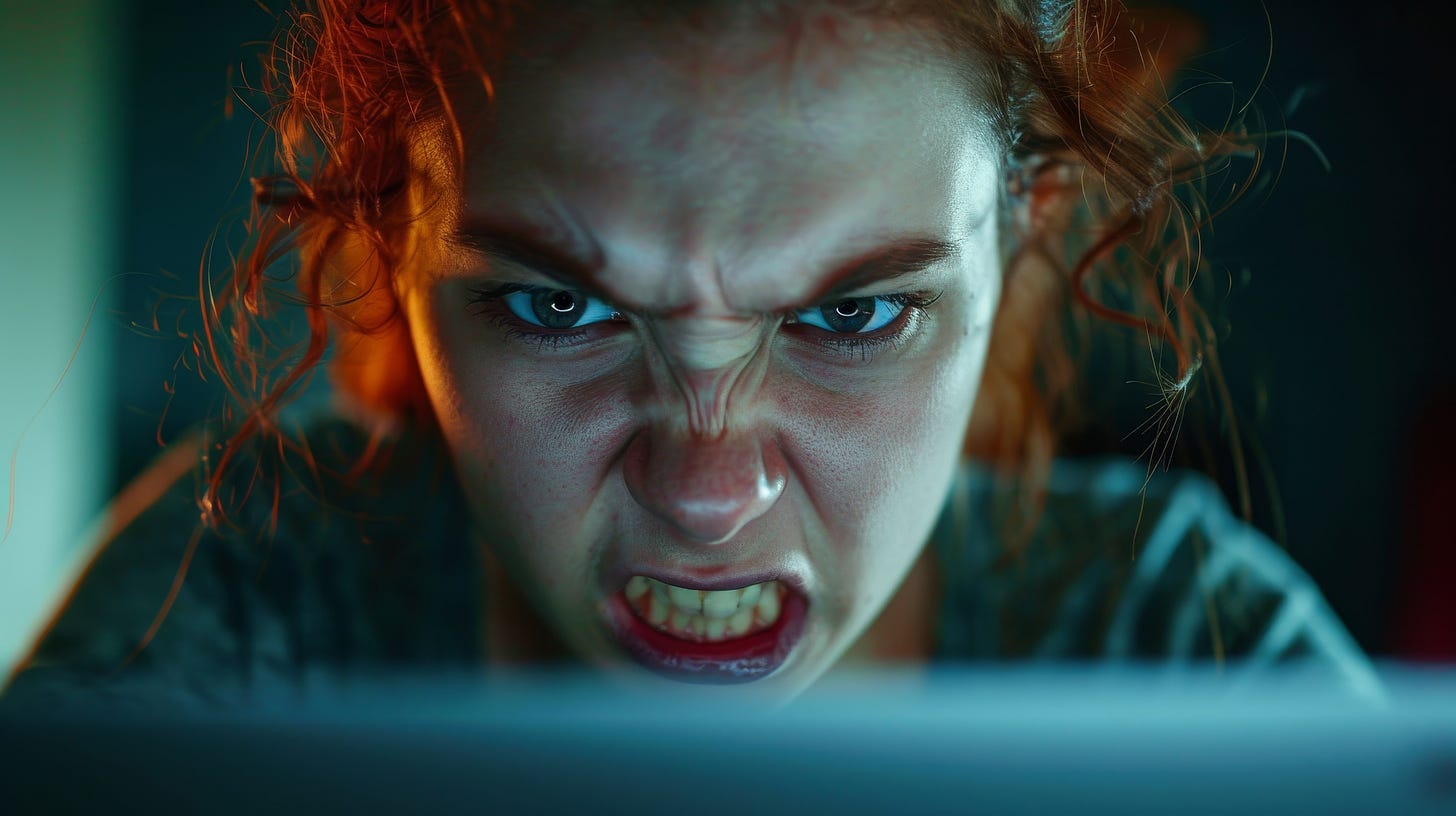Why I Don’t Hate ChatGPT (But I Get Why People Do)
A tool can be frustrating, even dangerous—but it’s still just a tool
I recently read an article in The Guardian by journalist Imogen West-Knights titled: 'ChatGPT has its uses, but I still hate it.' She makes some fair points, and I even found myself nodding along at times. But the thing that stuck with me was how much of her frustration she directed at ChatGPT, as if the tool itself was the villain.
Now, I don't love everything about AI either. I share her worry that over-reliance could dull our minds. Writing, creating, even just thinking: all of these are like muscles. If you never use them, they waste away. Handing everything over to a machine risks leaving us with soft brains. I've seen this myself. That's why, even though I use AI tools, I'm deliberate about keeping my own pen moving (often literally on my Kobo tablet, which still feels satisfyingly analogue).
But here's where I part ways with her argument: the blame doesn't belong to AI. It belongs to us, the users.
The Tool Isn't to Blame
Blaming ChatGPT for someone asking it to choose their dinner is like blaming a hammer when someone tries to screw in a shelf bracket with it. People have always used tools badly. I've bought those so-called 'magic' spanners and screwdrivers that claim to do everything. They don't. And if you insist on using them for every job, you end up bodging things. The tool isn't at fault. The choice is.
Yes, there are stupid uses of AI. I'd never dream of asking it to write a birthday card to my partner or a best man's speech for my mate. That's not a question of AI ruining our humanity: it's a question of us deciding what matters enough to keep human.
A Long Line of Tools
And that's the nub of it for me. AI is just the latest in a long line of tools. Printing presses, typewriters, calculators, even spell-checkers: all of them were once accused of making us lazy. They didn't destroy our ability to think. But they did force us to choose: when do we lean on the tool, and when do we exercise the muscle ourselves?
The responsibility lies with individuals, not developers or algorithms. OpenAI can't stop someone from outsourcing their wedding vows, any more than Stanley can stop you from trying to use a screwdriver as a chisel. What they can do is make the tool available. The rest is up to us.
The Real Villain
So yes, Imogen is right: some things are supposed to be difficult. It's good for the brain to wrestle with an awkward sentence, to decide between the fish pie and the steak and chips without consulting a chatbot, to sit down and write a letter with all its flaws intact. But she's wrong to hate ChatGPT itself. Hate our laziness if you must, hate our tendency to choose convenience over meaning, but the hammer isn't the villain here.
At the end of the day, AI won't erode our ability to think. Only we can do that: by giving up the responsibility of thinking for ourselves.
Source Article: ChatGPT has its uses, but I still hate it – and I’ll tell you why


